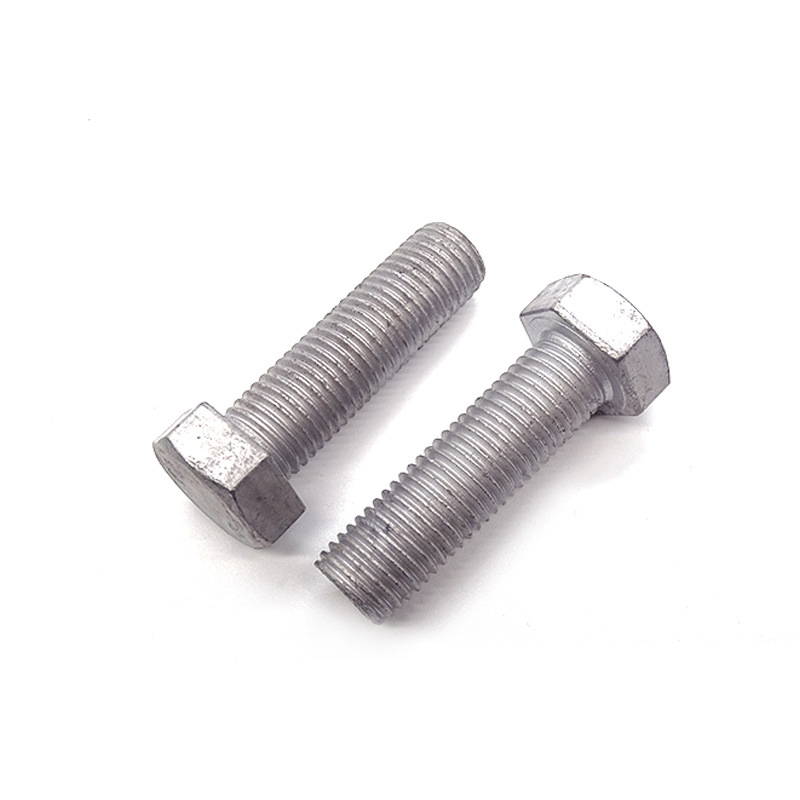

Types and Benefits of Self-Tapping Screws for Effective Grounding Applications
Ott . 21, 2024 21:56 Back to list
Types and Benefits of Self-Tapping Screws for Effective Grounding Applications
Self-Tapping Screws for Grounding An Essential Component in Electrical Applications
In today's increasingly electrified world, ensuring safe and reliable electrical connections is crucial. One component that plays a significant role in these connections, particularly for grounding, is the self-tapping screw. These innovative screws are designed to penetrate materials and create their own threads, making them an exceptional choice for various applications, especially in electrical grounding systems.
What Are Self-Tapping Screws?
Self-tapping screws are available in various designs and materials, allowing for versatility in their applications. They are engineered to insert themselves into a substrate, often metal, wood, or plastic, without requiring pre-drilled holes. The tip of a self-tapping screw is sharp and often has a modified point or flute that facilitates penetration. This design allows for quick installation, reducing labor time and improving overall efficiency in project execution.
Significance of Grounding
Grounding is a fundamental aspect of electrical systems, serving to protect both the equipment and users from electrical faults and surges. It provides a safe path for excess electricity to dissipate into the ground, helping to prevent electrical shocks and equipment damage. A robust grounding system relies on solid and secure connections, making self-tapping screws an essential component in these systems.
Advantages of Using Self-Tapping Screws for Grounding
1. Ease of Installation One of the key benefits of self-tapping screws is their ease of installation. Technicians can quickly secure grounding connections without the need for special tools or pre-drilling, saving both time and labor costs. This feature is particularly valuable in tight spaces or difficult-to-reach areas.
self tapping screws for grounding

2. Strong Connection Self-tapping screws create a strong and reliable connection when installed properly. Their ability to form threads in the substrate ensures a snug fit, which is critical for grounding applications where reliability is paramount. A secure connection helps reduce the risk of loosening over time due to vibration or thermal expansion.
3. Versatility Self-tapping screws come in various sizes, materials, and coatings. This versatility allows them to be used in different types of grounding applications, whether for residential electrical systems, commercial setups, or industrial equipment. For instance, stainless steel self-tapping screws are ideal for outdoor applications due to their resistance to corrosion.
4. Cost-Effectiveness Since self-tapping screws eliminate the need for additional hardware such as nuts and washers, they can be a more cost-effective solution. Their quick installation and strong holding power also help to reduce overall project costs, making them an attractive option for electricians and contractors.
Considerations When Using Self-Tapping Screws
While self-tapping screws have numerous advantages, it's essential to consider a few factors during installation. The choice of screw material, length, and coating should align with the specific application and environmental conditions. Also, proper torque should be applied during installation to prevent stripping and ensure maximum holding power.
Conclusion
Self-tapping screws are invaluable in designing and implementing effective grounding systems. Their ease of installation, strong connections, versatility, and cost-effectiveness make them a preferred choice among electrical professionals. As technology continues to evolve, selecting the right components, such as self-tapping screws, will remain crucial in maintaining safe and efficient electrical systems. By embracing these innovative fasteners, we can ensure that our grounding solutions are both reliable and durable, ultimately promoting safety in electrical applications.
Latest news
-
Similarities and Differences Between Plain Washer and Spring Washer - Fastener Comparison Guide
NewsJun.10,2025
-
Effortless Installation Self-Drilling Window Screws - Fast, Secure, and Durable Fasteners
NewsJun.10,2025
-
Self Drilling Stucco Screws for Fast, Secure Installation Self Tapping & Self-Tapping Fasteners
NewsJun.10,2025
-
Premium Hot Dipped Galvanized Self Tapping Screws - Durable Corrosion Resistance
NewsJun.09,2025
-
Discover M12 Weld Stud Benefits & Applications Guide
NewsJun.09,2025
-
M25 Stainless Steel Washers High-Durability Fasteners for Corrosion Resistance
NewsJun.09,2025

